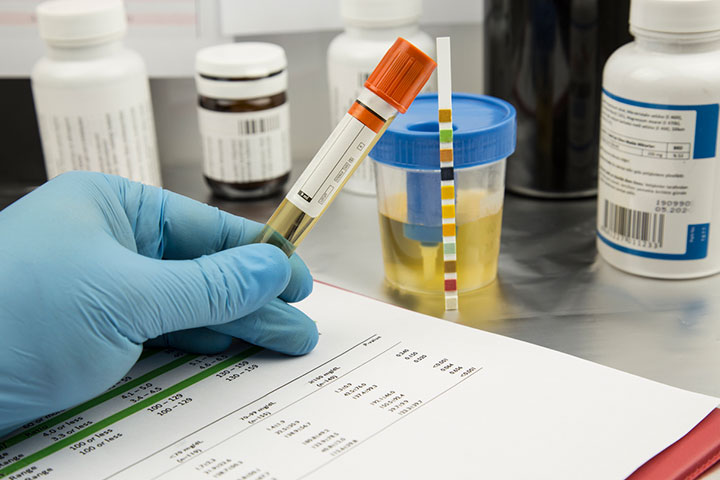Check out the Commercial Synthetic Urine Kits Pros and Cons
DIY Do-It-Yourself and commercial synthetic urine kits serve a common purpose – to help individuals pass urine drug tests. Each option comes with its own set of advantages and disadvantages, catering to different needs and preferences. Starting with DIY synthetic urine, one of the key advantages is cost-effectiveness. Creating synthetic urine at home typically involves easily accessible ingredients, such as water, table salt, and baking soda. DIY kits are customizable, allowing users to adjust the composition based on specific test requirements. However, the major drawback lies in the lack of precision. Achieving the correct balance of components to mimic real urine can be challenging, potentially resulting in an ineffective solution. Moreover, variations in the quality of ingredients and the absence of essential components present in real urine, like urea, may raise suspicion during the testing process.

On the other hand, commercial synthetic urine kits offer a more reliable and foolproof solution. These kits are meticulously formulated to closely resemble real urine, containing key components such as urea, creatinine, and uric acid. One of the main advantages of commercial kits is consistency, as they undergo rigorous testing to ensure accuracy and reliability. Washingtoncitypaper’s suggested synthetic urine brands kits often come with heating pads to maintain the temperature of the synthetic urine, a crucial factor in passing many drug tests. However, the primary downside is the cost, as commercial kits can be significantly more expensive than their DIY counterparts. When it comes to convenience, commercial synthetic urine kits take the lead. These kits are readily available for purchase online or at specialty stores, saving users the time and effort required to gather and measure individual ingredients. Furthermore, commercial kits often come in discreet packaging with detailed instructions, making them user-friendly and suitable for individuals with limited time or those uncomfortable with DIY processes. DIY solutions, on the other hand, may require more effort in terms of preparation and may lack the convenience of a ready-made solution.
In terms of legality and ethical considerations, both DIY and commercial synthetic urine raise ethical questions and may be considered illegal in certain jurisdictions. Attempting to deceive a drug test is often viewed as a violation of testing protocols and can have legal consequences. Users should be aware of the potential legal implications and ethical concerns associated with the use of synthetic urine, regardless of whether it is a DIY or commercial product. In conclusion, the choice between DIY and commercial synthetic urine kits depends on individual preferences, budget constraints, and the level of confidence required for a successful outcome. DIY options may appeal to those seeking a cost-effective solution with the ability to customize the formula, while commercial kits offer convenience, reliability, and consistency at a higher price point. Regardless of the choice made, it is essential for users to be aware of the legal and ethical implications associated with attempting to manipulate drug test results.